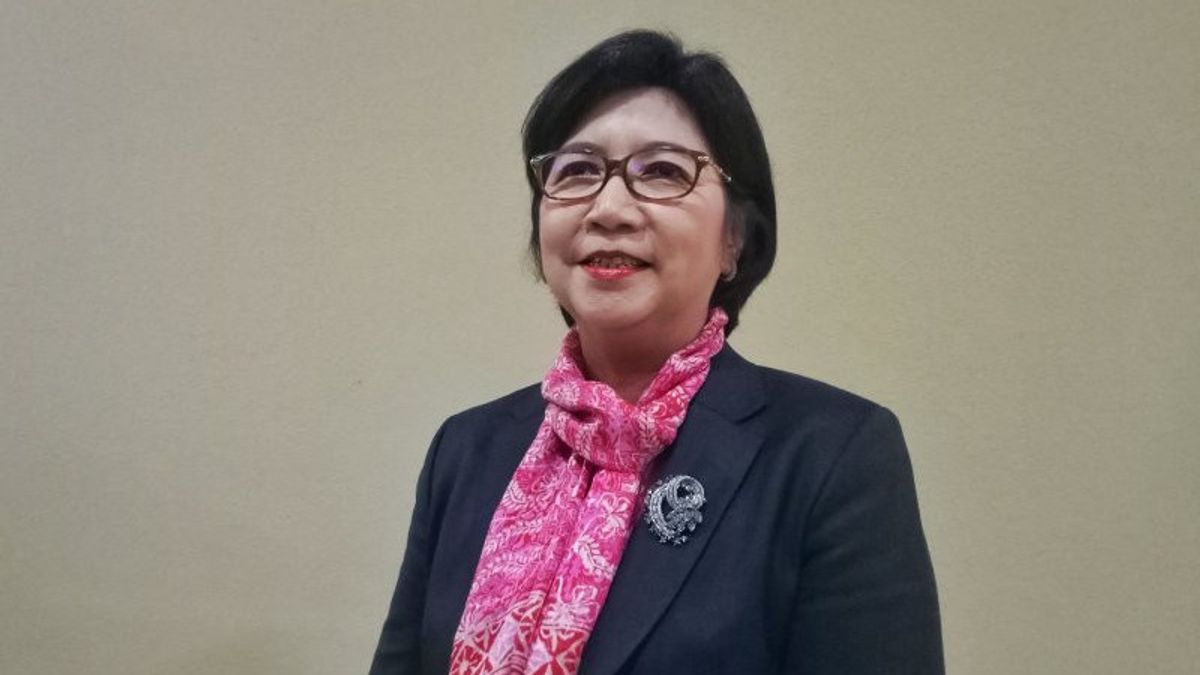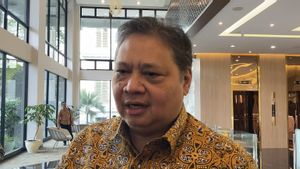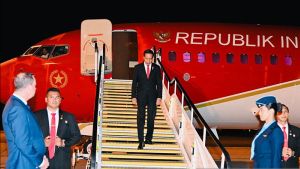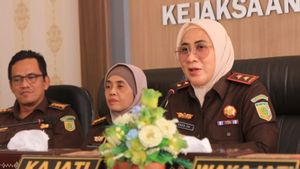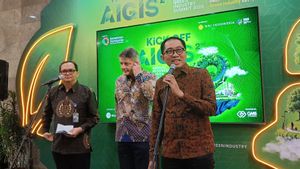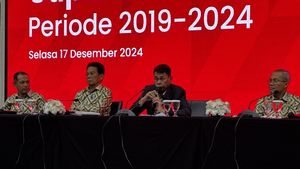JAKARTA - Senior Deputy Governor of Bank Indonesia (BI) Destry Damayanti said Islamic economics and finance (expert) would encourage economic transformation in Indonesia and the world.
"I see this as an extraordinary potential and we also see how the development of this ex-star will play an important role in the transformation of the world economy and Indonesia because the return of the Islamic financial economy does not only offer aspects of growth or profit but also see the impact, it means," said Destry as reported by ANTARA, Friday, September 13.
At the Opening of the 2024 Java Sharia Economic Festival (Fesyar) Road to Indonesia Sharia Economic Festival 2025, Destry said that the Islamic economy and finance have an advantage, namely being resilient in the midst of a crisis because it is supported by a solid, inclusive, sustainable, and sustainable business model that has an impact on the welfare of the community.
According to him, the characteristics of the sharia model business can be used to overcome the main problems facing globally today, namely economic inequality, climate change or environmental issues and economic instability.
"How growth must achieve inclusion, it must be felt by all people, the goal must be the benefit of welfare, and how to be sustainable, meaning that we must also love nature, we must be green, we must be blue and so on," he said.
Especially during the global financial crisis in 2008 and the monetary crisis in Indonesia in 1997 and 1998, he said Islamic-based financial institutions included financial instruments that were shown to be relatively stronger than conventional institutions because of underlying assets.
Future economic and financial development of sharia is important in line with the increasing lifestyle based on sharia compliance.
Based on the State of the Global Islamic Economy (SGIE) Report for 2023-2024, spending related to consumption of both food, fashion and travel sharia compliance continues to increase from 2.29 trillion US dollars in 2022, and is expected to continue to increase to more than 3 trillion US dollars in 2027.
In addition, Indonesia has great economic and financial growth potential for sharia because the majority of the population in Indonesia is Muslim.
The potential for Islamic economics and finance is also supported by the increasing digitalization trend, and 73 percent of Indonesia's population is young people who are digital-savvy or close to the digital world.
"The existence of digitalization will certainly encourage acceleration and excise developments ranging from banking services, investment, e-commerce to zakat, infaq, alms, and waqf activities (ziswaf), we can do everything in the hands of our cellphones because of digitalization," he said.
SEE ALSO:
The Java 2024 Sharia Economic Festival (Fesyar) is part of a series of events leading to the 11th Indonesia Sharia Economic Festival (ISEF) which will be held from October 30 to November 3, 2024 in Jakarta.
The 2024 Java Fesyar activity includes the Sharia Economic Forum Seminar and Talkshow which reviews hot topics around the excise, such as the development of the halal product ecosystem, empowerment of sharia MSMEs, and optimizing Ziswaf funds in the digital era.
The event was also integrated with the Sharia Fair featuring superior Islamic MSMEs, business matching, and an interesting competition located in the courtyard of the Al-Akbar National Mosque in Surabaya.
The English, Chinese, Japanese, Arabic, and French versions are automatically generated by the AI. So there may still be inaccuracies in translating, please always see Indonesian as our main language. (system supported by DigitalSiber.id)
